Are you looking to up your mentorship game? In this thoughtful text, leadership coach Scott Miller draws on his expansive experience and insights to lay down a comprehensive pathway to becoming a mentor who truly supports growth. He guides you through 13 diverse “roles” you can embody to support a mentee’s journey while enhancing your own understanding and empathy. Whether you are a seasoned mentor or just stepping into the position, this guide’s invaluable advice can help you avoid common pitfalls and foster deep, rewarding mentoring relationships.
Mentors need to be flexible in how they approach their mentees.
Mentors play a crucial role in their mentees’ lives. Mentor-mentee relationships can be extremely rewarding for everyone involved but can also prove challenging. Some mentees may be underprepared. Some may be overly demanding. Over the years, you will encounter an array of mentee personality types and work with mentees at different stages in their professional development. The key to successful mentorship, thus, lies in your ability to embody different leadership roles depending on your mentee’s needs.
Adjusting your style to match mentee needs can be tricky, but knowing different roles’ purposes can help. There are 13 possible roles that you can move through with your mentee, though you may not embody them all in every relationship. These roles should not feel forced. You may gravitate toward some roles more than others; that’s OK. By understanding the roles you can embody, you will have more tools to help your mentee.
Start with “The Revealer” and “The Absorber” roles to establish a trust-filled mentorship foundation.
As with any relationship, a mentoring relationship...
Scott Jeffrey Miller is a multi-bestselling author, radio and podcast host, coach, columnist and global keynote speaker. He currently works as FranklinCovey’s senior advisor on thought leadership.








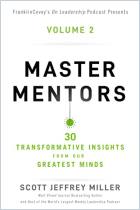
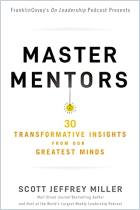
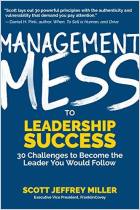
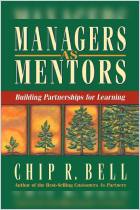
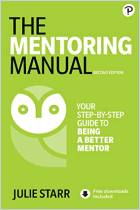

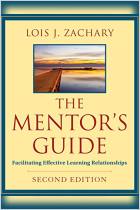
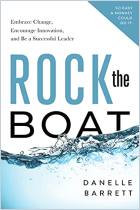
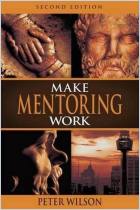



Comment on this summary or Iniciar a Discussão